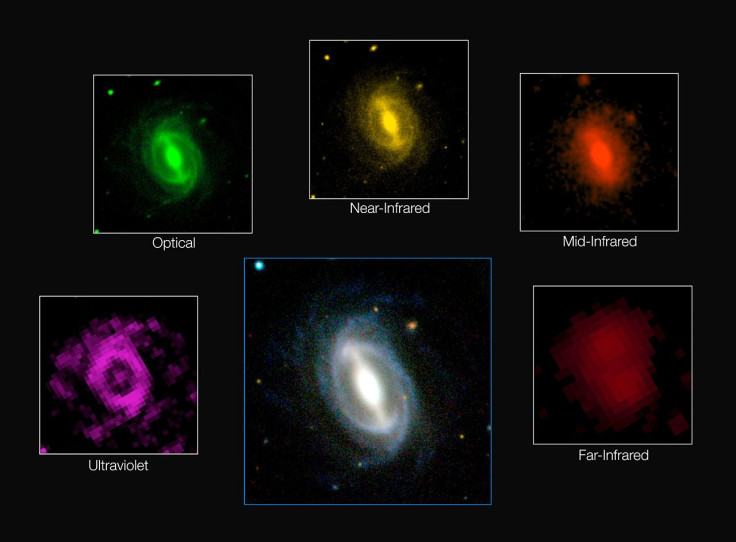Astronomers Study The Slow Death Of The Universe

Everything that has a beginning has an end, goes the timeless adage. This, it seems, holds true for the cosmos too. Slowly but inexorably, the universe as we know it will cease to be, as the last stars and galaxies wink out of existence.
A team of astronomers has now offered the best estimate yet of exactly how fast the universe is fading. The results, which come from the Galaxy and Mass Assembly (GAMA) project’s survey of over 200,000 galaxies, confirm that the energy output across all wavelengths -- from the ultraviolet to the far infrared -- is steadily declining. The universe is slowly dying.
“The universe has basically sat down on the sofa, pulled up a blanket and is about to nod off for an eternal doze,” Simon Driver from the University of Western Australia, who led the GAMA team, said, in a statement released Monday.
The universe as we know it was created 13.7 billion years ago in the Big Bang. After a brief period in its infancy when it lacked visible matter and was hot enough for exotic particles to pop in and out of existence -- a period known as the “dark ages” -- massive stars and galaxies made their first appearance.
As described by Einstein’s iconic equation on mass-energy equivalence, these celestial bodies shine by converting mass into energy. However, although the universe is still producing new stars, the rate at which old stars are fading outstrips the rate at which new ones are born. As a result, the energy being produced by stars and other objects is about half what it was two billion years ago.
Fly through of the GAMA Galaxy Survey with voice over from ICRAR on Vimeo.
“While most of the energy sloshing around in the Universe arose in the aftermath of the Big Bang, additional energy is constantly being generated by stars as they fuse elements like hydrogen and helium together,” Driver said, in the statement. “This new energy is either absorbed by dust as it travels through the host galaxy, or escapes into intergalactic space and travels until it hits something, such as another star, a planet, or, very occasionally, a telescope mirror.”
While the fact that the universe is slowly fading and heading toward a cold, dark, lifeless state -- the so-called “heat death” of the universe -- has been known since the 1990s, what the GAMA project found is that this effect is being seen across all wavelengths.
“The universe will decline from here on in, sliding gently into old age,” Driver added, in the statement.
© Copyright IBTimes 2024. All rights reserved.






















